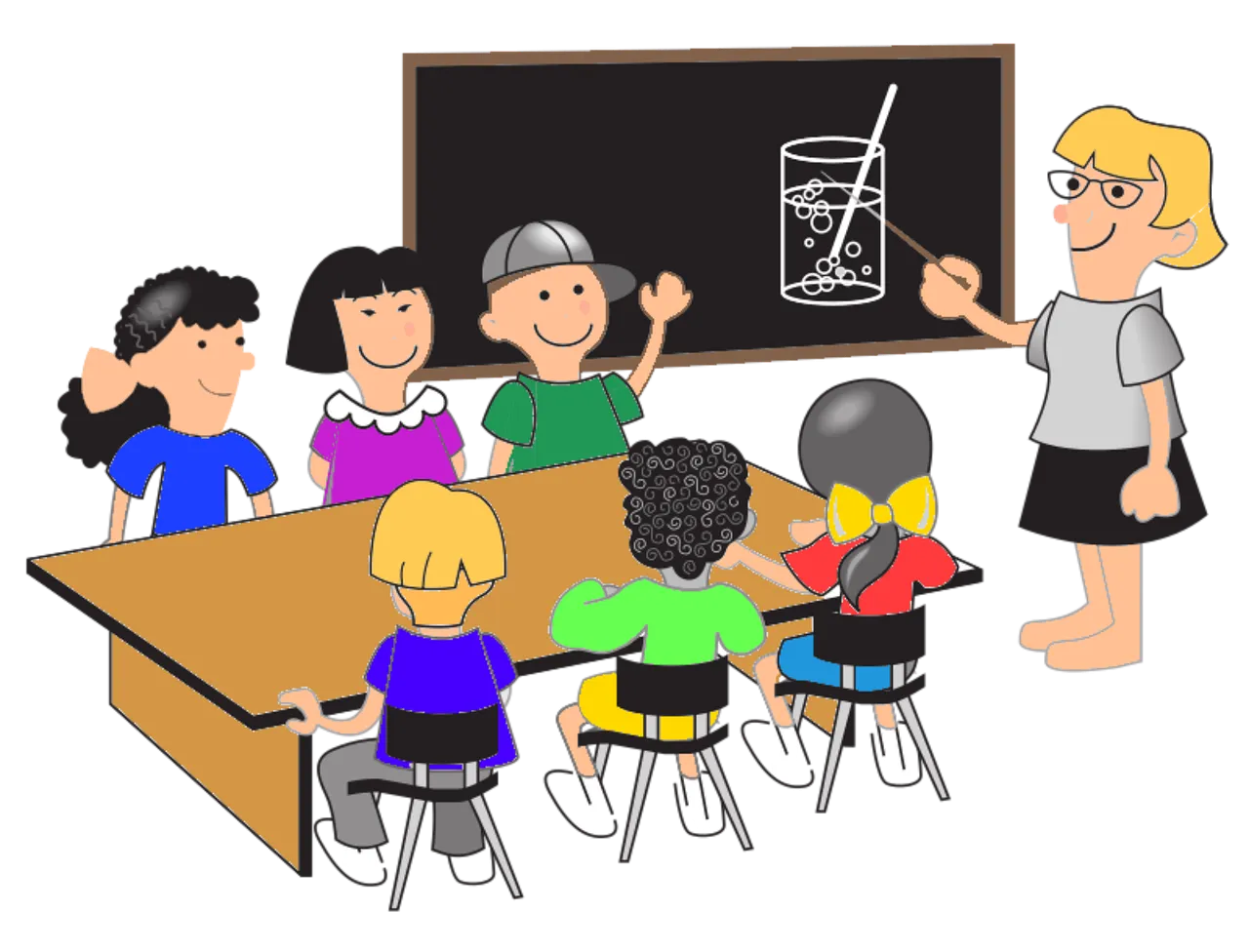Un cordial saludo a toda la familia de la comunidad @holos-lotus. La salud mental y emocional son estados relevantes del bienestar infantil. Mente y emociones sanas afloran el grado de satisfacción de un niño, crea un ambiente sano de convivencia familiar y social.
Lo importante es promover, principios, valores y un ambiente ideal para que los niños logren mayor bienestar, aunque muy pocos no alcanzan el nivel óptimo de bienestar.
En este post reflexivo hablaremos del bienestar infantil.
Le agradezco, estimado lector, sus comentarios sobre este tema.
Warm greetings to all the family of the @holos-lotus community. Mental and emotional health are relevant states of child well-being. Healthy mind and emotions surfacing the degree of satisfaction of a child, creates a healthy environment of family and social coexistence.
The important thing is to promote, principles, values and an ideal environment for children to achieve greater well-being, although very few do not reach the optimal level of well-being.
In this reflective post we will talk about children's wellbeing.
I thank you, dear reader, for your comments on this subject.

Imagen source

Aquellos días como educador//Those days as an educator.
Cómo no recordar esos momentos cuando era maestro de sexto grado en la importante escuela donde comencé mi carrera docente.
Trabajar como maestro de sexto grado me permitió adquirir muchas experiencias en relación con los sentimientos y pensamientos de los niños de entre 10 y 11 años.
¿Cómo piensa un niño cuyos padres no viven con él y cómo piensa un niño que crece feliz en un hogar con un padre y una madre?
Es algo interesante que necesitamos conocer y poner en práctica nuestro mayor grado de sensibilidad para ayudar a los niños a alcanzar su bienestar.
How could I not remember those moments when I was a sixth grade teacher at the important school where I began my teaching career.
Working as a sixth grade teacher allowed me to acquire many experiences in relation to the feelings and thoughts of children between the ages of 10 and 11.
How does a child whose parents do not live with him think and how does a child who grows up happily in a home with a father and a mother think?
It is something interesting that we need to know and put into practice our highest degree of sensitivity to help children achieve their well-being.

Imagen source
Niños con padres ausentes y bienestar social//Children with absent parents and social welfare.
Sinceramente, hace falta el trabajo duro de un educador para conocer la realidad de sus alumnos. Hay niños que sólo viven con uno de sus padres, así como otros que sólo viven con sus abuelos.
Hay una gran pregunta en torno a esta situación: ¿Cómo se puede lograr un nivel óptimo de bienestar para estos niños?
Es una pregunta muy exigente, que se ajusta a la realidad de cualquier sociedad.
En mi caso como educador, me enfrenté durante muchos años a esta situación, donde los hijos de padres divorciados, mostraban conductas de retraimiento, timidez, nerviosismo, muy callados, bajo rendimiento académico y poca socialización con el resto de los compañeros.
No cabe duda que todo esto afecta la salud mental y emocional de los niños que crecen en un hogar con padre o madre ausente, o incluso ambos.
Como educador, debemos idear estrategias que nos permitan recuperar el estado emocional y mental de los niños.
Entre las estrategias que utilizamos están los talleres de escuela de padres y las entrevistas de los niños con especialistas de la escuela, como psicólogos y psicopedagogos. La participación de estos profesionales ayudó a los niños a mejorar significativamente su salud mental, emocional y social.
No es una tarea fácil, pero, si pensamos en el bienestar de los niños, tenemos que desarrollar un gran ambiente de sensibilidad, para promover el bienestar de los niños.
Honestly, it takes the hard work of an educator to know the reality of their students. There are children who only live with one parent, as well as others who only live with their grandparents.
There is a big question surrounding this situation: How can an optimal level of well-being be achieved for these children?
It is a very demanding question, which fits the reality of any society.
In my case as an educator, I faced for many years this situation, where the children of divorced parents, showed behaviors of withdrawal, shyness, nervousness, very quiet, low academic performance and little socialization with the rest of the peers.
There is no doubt that all this affects the mental and emotional health of children growing up in a home with an absent parent, or even both.
As an educator, we must devise strategies that allow us to recover the emotional and mental state of the children.
Among the strategies we use are parenting school workshops and interviews of the children with school specialists, such as psychologists and psycho-pedagogues. The participation of these professionals helped the children to significantly improve their mental, emotional and social health.
It is not an easy task, but, if we think about the well-being of the children, we have to develop a great environment of sensitivity, to promote the well-being of the children.

Imagen source
Niños que crecen felices junto a sus padres//Children growing up happily with their parents.
El deber ser, es que los niños crezcan sanos junto a sus padres y reciban tanto apoyo emocional como pautas que favorezcan el desarrollo de sus pensamientos.
La mayoría de los niños que asistí a la escuela en sexto grado vivían con sus padres, los cuales, muchos de ellos, recibían de sus padres abrazos, buenas palabras de aliento, recompensas, ponían en práctica valores hacia el cuidado del medio ambiente y esto se demostraba al plantar árboles y otros aspectos relevantes que tienen que ver con el bienestar de los niños.
Muchos de estos niños mostraban un buen rendimiento académico y eran muy sociables, lo que les permitía ser personas muy comunicativas y extrovertidas.
Cuando padres y profesores se unen como un equipo, los resultados escolares de los niños serán tan satisfactorios como el logro de niveles óptimos de bienestar infantil.
The duty to be, is that children grow up healthy with their parents and receive both emotional support and guidelines that foster the development of their thoughts.
Most of the children I attended school in sixth grade lived with their parents, which, many of them, received from their parents hugs, good words of encouragement, rewards, put into practice values towards the care of the environment and this was shown when planting trees and other relevant aspects that have to do with children's welfare.
Many of these children showed good academic performance and were very sociable, which allowed them to be very communicative and extroverted people.
When parents and teachers join together as a team, children's school outcomes will be as successful as achieving optimal levels of child well-being.

Imagen source
